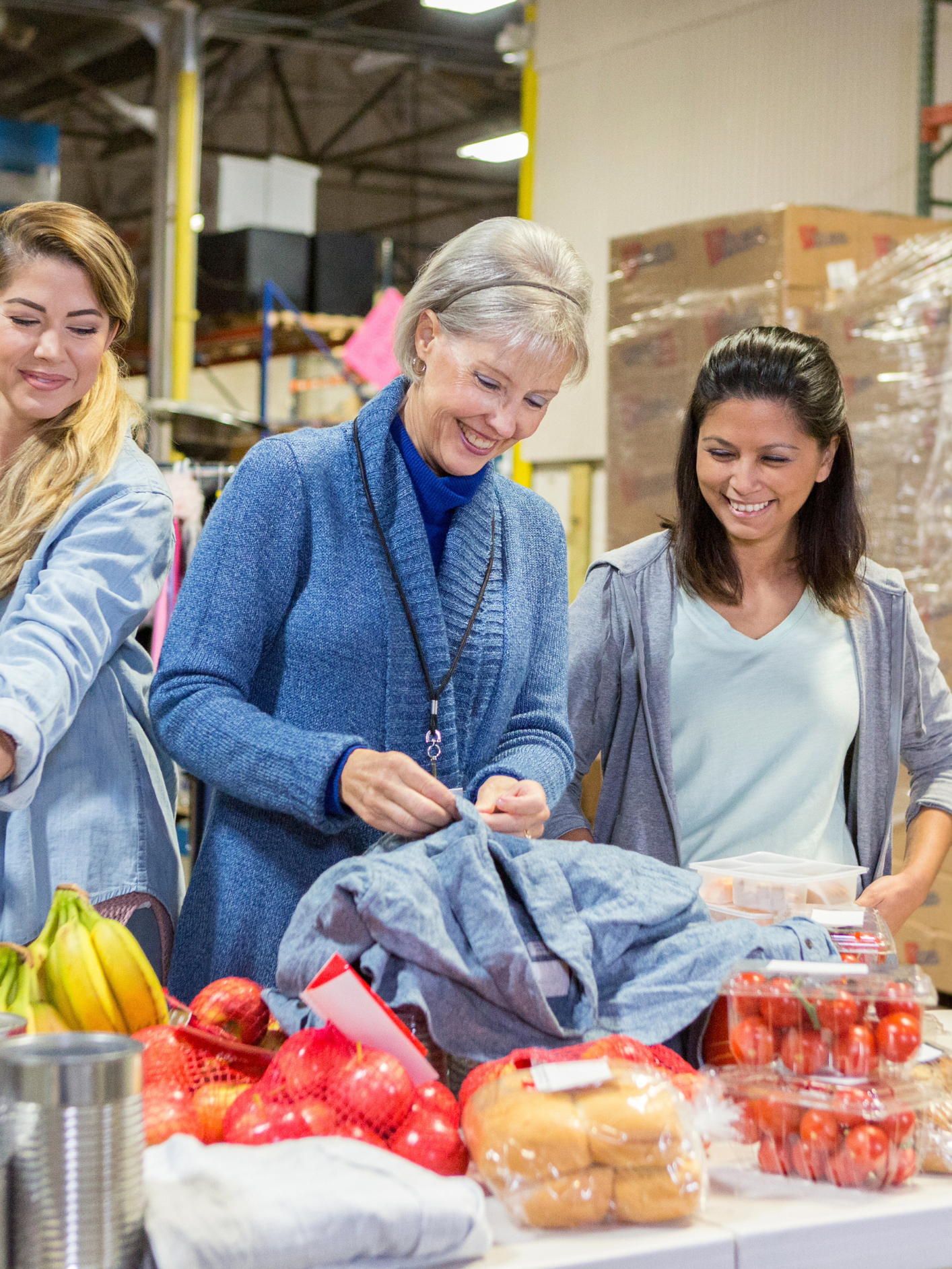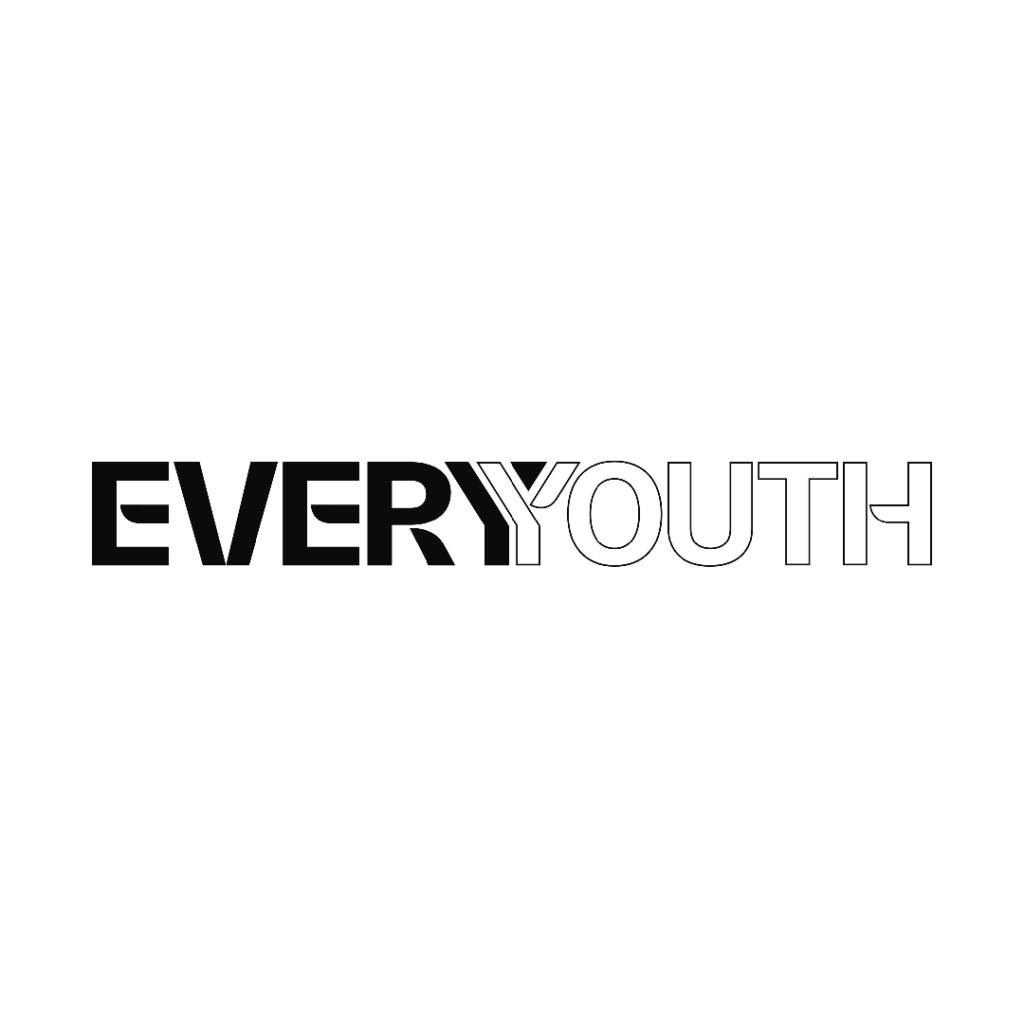What can you do to help someone experiencing homelessness?
We know that people want to help and support people who experience homelessness. But we know it can be hard to find the information you need when you want to make a difference, which is why we’ve put together this handy FAQ to hopefully point you in the right direction.
What is the best way to support EveryYouth?
There are lots of ways to EveryYouth. If you are able to, then please consider making a donation via the DONATE section of our website. In time, you’ll also be able to purchase a gift for yourself or a loved one via our STORE. Every gift purchased will help a young person in the UK. We know that not everyone has spare cash at the moment though, so you a simple and effective way to support us is by signing up to our newsletter. It’s simple to sign up, enter your details here and we’ll send you our monthly newsletter so you get regular updates on our work. Finally, follow us on social media, and like and share our posts. Helping to spread the word about our work is a great (and free!) way to support EveryYouth and our work with young people across the UK.


Can I donate clothes?
People often want to donate clothes, particularly in winter, when the weather gets colder. We always ask people to consider donating new, or good quality second hand clothes, and we will always say no to donations of used socks and underwear (yes people want to donate those!)
If you have individual items to donate then we recommend getting in touch with a charity in your area, someone local will be better equipped to take and distribute small quantities. If you have a large number of new or good quality items to donate though, we would love to hear from you. Please remember that we work across the UK, so we distribute any donations we receive across the country. It is helpful to us if you can arrange delivery of any donations you wish to make.
Can I donate goods?
EveryYouth works to help young people access the services they need to leave homelessness behind and lead successful lives. We recognise that, most of the time, the young people we work with, need more support to do this than their housed counterparts. Our Employability Bursary and Housing Fund offer practical support to help young people leave homelessness behind. This can include making donations of goods like laptops, white goods for the home, bedding etc., EveryYouth accepts donations of new, or refurbished items that can be donated directly to young people. As a UK wide charity, generally we accept donations from companies who are able to make donations at scale, like our relationship with Simba. If you have goods to donate, please let us know.
Can I donate my time?
EveryYouth actively recruits volunteers to help us deliver our work and services for young people. We will publish any volunteering opportunities on the volunteering section of our website.
What should I do if someone I know needs help with housing?
EveryYouth works with young people aged 16-25, but we do directly offer Supported Accommodation. If you are in contact with a young person and are worried about their housing situation, we recommend you look at the ‘Get Help’ section of our website.
Why don’t you use the phrase ‘homeless young people’ anymore?
We don’t think that the word ‘homeless’ should be used to as a noun. The word ‘Homeless’, particularly when used as a descriptor has become associated with stigma and shame. It attaches a negative bias to a person, and creates a barrier between ‘them’ and us’.
We don’t want housing to define young people’s opportunities. Home, or the place we live, looks different to everyone. For the young people we work with, home could be supported accommodation, it could be a room in one of our Future Builders properties, or it could be a flat in the private rented sector. The simple act of not having something, shouldn’t become your defining characteristic, yet for a lot of people, not having a home, has become theirs. We’re taking a stand for all the young people who don’t want to, and shouldn’t be defined by a passing moment in their lives. Instead, we’ll be saying:
Young people experiencing homelessness – using homelessness as an adjective.
Unhoused instead of homeless– removing the stigmatising word altogether.




© EveryYouth 2023. Every Youth, operating as EveryYouth, is a charity registered with the Charity Commission of England and Wales under number 1201811 whose registered office is at 23-27 ST. Andrews Street Norwich NR2 4TP and a company limited by guarantee registered in England and Wales under number 14101070
